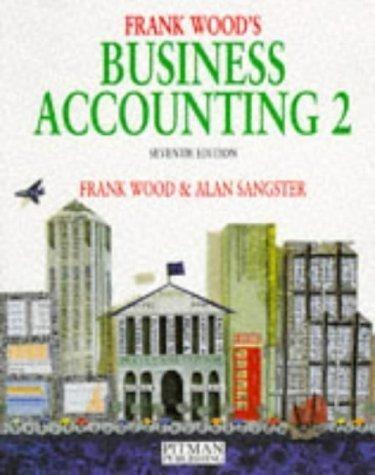Question
Do you think professional judgment can be taught? Why or why not? What key change in the way accounting standards are written has highlighted the
Do you think professional judgment can be taught? Why or why not?
What key change in the way accounting standards are written has highlighted the need for better professional judgment?
What are some mental shortcuts or judgment traps/bias that you have fallen into? Do you think experience can mitigate these?
How does judgment, using the definition in the framework, relate to solving and auditing or accounting issue?
Do you believe having a process for judgment is beneficial?
When doing research on an accounting issue, what are some key considerations within each of the 5 steps?
In auditing and accounting, what forms the foundation for professional judgment?
How do professional judgment and professional skepticism relate?
What are some reasons that we rush to solve?
Give examples in practice of where you skip the first couple of steps of the judgment framework?
In the context of professional judgment framework, why are audit programs important?
How does step 2 of the framework apply to research?
How do you apply the 6 characteristics of skepticism?
Describe in your own words what a frame is?
Where does your current frame come from?
Describe an example of confirmation tendency you have encountered at work?
Give an example you have encountered of anchoring tendency?
Of the 4 biases in chapter 4, which do you think are most relevant to accounting research and why?
When you think about setting a budget for an audit, what tendency is most prevalent?
Step by Step Solution
There are 3 Steps involved in it
Step: 1

Get Instant Access to Expert-Tailored Solutions
See step-by-step solutions with expert insights and AI powered tools for academic success
Step: 2

Step: 3

Ace Your Homework with AI
Get the answers you need in no time with our AI-driven, step-by-step assistance
Get Started


